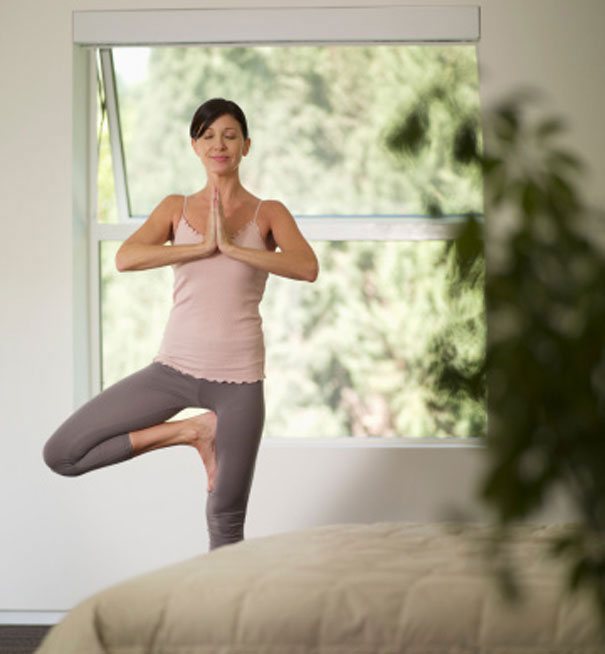Don’t Get Off Balance

Have you tried standing on one foot lately? It becomes more difficult as we age: unsteadiness occurs in 12 per cent of individuals under 70, 30 per cent over 75, and 46 per cent over 85. According to some research in the U.S., falls cause two-thirds of accidental deaths over 75, and accidents are the fifth leading cause of death over 65.
While many falls are due to household hazards, others are linked to a loss in balance. There are many causes for loss of balance, and some of them are preventable. Here’s a quick guide to common causes, and how to avoid them.
Signs of a balance disorder
Recognizing a loss of balance is important in order to treat the problem before a fall occurs. Symptoms include:
-
blurred vision
-
a tendency to lose one’s balance and fall
-
a feeling of movement when sitting or standing still
-
unsteadiness or disorientation
-
a feeling that the room is spinning or the floor is shifting
Causes and treatments
Balance disorders can be signs of other problems, such as low blood pressure,troke or an ear infection. This is one reason that you should always consult with your doctor if you are experiences balance problems. In many cases treating the underlying issue will result in regaining balance.
Some balance disorders are caused by problems in the inner ear. One of these is benign paroxysmal positional vertigo, or BPPV. In this disorder, small calcium stones in the inner ear became displaced, causing dizziness. A specialist can treat this condition by carefully moving the head and torso to dislodge the stones.
Ménière’s disease is caused by changes in fluid volumes in the inner ear. People suffering from this disease can help reduce its effects by lowering the amount of salt in their diets. Lowering amounts of alcohol or caffeine also may help.
Risk factors for inner ear problems include stress, fatigue, allergies, smoking, or alcohol use.
Another factor can be dizziness that results from taking certain medications. Check with your doctor if you notice a problem.
Prevention
While some balance disorders cannot be easily prevented, improving one’s balance is always a help.
Taking a fitness class such as Tai Chi or yoga helps your body to stay on the right side of the “use it or lose it” spectrum. And any fitness programme that keeps you strong and flexible will help to prevent falls.
Getting the flu shot may also help you to avoid respiratory infections that can impact on your balance. And of course reducing stress, limiting salt intake, and quitting smoking will help to prevent many problems associated with aging that can keep you off-balance.